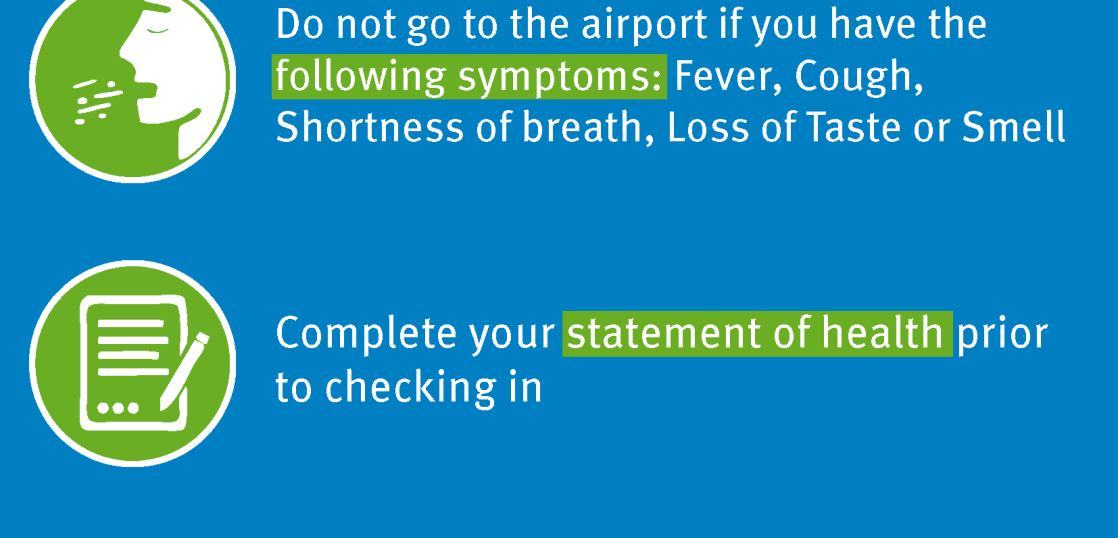2022年5月11日、ドイツ・ケルンで欧州連合航空安全局(EASA)と欧州疾病予防管理センター(ECDC)は、航空旅行の健康安全対策の更新を発表、空港および機内での医療用マスクの着用義務化の勧告を取り下げると
ーー(中略)ーー
EASAのパトリック・カイ事務局長は、「来週からは、欧州各国の国家当局による公共交通機関への要求の変化に合わせて、すべてのケースでマスクの着用が義務づけられなくなる」と述べています。
「乗客と乗務員にとって、これは空の旅の正常化に向けて大きな前進です。しかし、乗客は責任を持って行動し、周囲の人の選択を尊重する必要があります。また、咳やくしゃみをする乗客は、近くに座っている人を安心させるために、フェイスマスクの着用を強く勧めるべきです。
ーー中略ーー
フェイスマスクの着用に関する新しい勧告は、2022年5月16日から施行される予定です。しかし、特にマスクに関する規則は、その日以降も航空会社によって異なります。例えば、公共交通機関で依然としてマスク着用が義務付けられている目的地を発着する便では、勧告に基づき、引き続きマスク着用を推奨する必要があります
COLOGNE, May 11, 2022 – The European Union Aviation Safety Agency (EASA) and European Centre for Disease Prevention and Control (ECDC) issued an update to the health safety measures for air travel, dropping the recommendation for mandatory wearing of medical masks in airports and on board a flight, while noting that a face mask is still one of the best protections against the transmission of COVID-19.
The update of the joint Aviation Health Safety Protocol takes account of the latest developments in the pandemic, in particular the levels of vaccination and naturally acquired immunity, and the accompanying lifting of restrictions in a growing number of European countries. In addition to the changes with respect to masks, its recommendations include a relaxation of the more stringent measures on air operations, which will help relieve the burden on the industry whilst still keeping appropriate measures in place.
“From next week, face masks will no longer need to be mandatory in air travel in all cases, broadly aligning with the changing requirements of national authorities across Europe for public transport,” said EASA Executive Director Patrick Ky. “For passengers and air crews, this is a big step forward in the normalisation of air travel. Passengers should however behave responsibly and respect the choices of others around them. And a passenger who is coughing and sneezing should strongly consider wearing a face mask, for the reassurance of those seated nearby.”
ECDC Director Andrea Ammon said: “The development and continuous updates to the Aviation Health Safety Protocol in light of the ongoing COVID-19 pandemic have given travellers and aviation personnel better knowledge of the risks of transmission of SARS-CoV-2 and its variants. While risks do remain, we have seen that non-pharmaceutical interventions and vaccines have allowed our lives to begin to return to normal. While mandatory mask-wearing in all situations is no longer recommended, it is important to be mindful that together with physical distancing and good hand hygiene it is one of the best methods of reducing transmission. The rules and requirements of departure and destination States should be respected and applied consistently, and travel operators should take care to inform passengers of any required measures in a timely manner. The importance of these measures should continue to be effectively communicated to passengers for their safety, and ECDC will continue to work with our colleagues at EASA to regularly assess and amend the recommendations as necessary.”
The new recommendations on the wearing of face masks are set to come into effect from May 16, 2022. However rules for masks in particular will continue to vary by airline beyond that date. For example, flights to or from a destination where mask-wearing is still required on public transport should continue to encourage mask wearing, according to the recommendations. Vulnerable passengers should continue to wear a face mask regardless of the rules, ideally an FFP2/N95/KN95 type mask which offers a higher level of protection than a standard surgical mask.
Passengers are also encouraged to observe distancing measures in indoor areas, including at the airport, wherever possible. But airport operators should adopt a pragmatic approach to this: for example, they should avoid imposing distancing requirements if these will very likely lead to a bottleneck in another location in the passenger journey, especially if they are not required at national or regional level in other similar settings.
While many states no longer require passengers to submit data through a passenger locator form, airlines should keep their data collection systems on standby so they could make this information available to public health authorities if needed, for example in the case where a new variant of concern (VOC) emerged which was identified as potentially more dangerous.
New VOCs are frequently discovered with varied degrees of immunity escape and severity of symptoms, the document observed. Airport staff, crew members and passengers should be alert and follow the recommendations and requirements of the national authorities of the State or region they are visiting.
For further details, please consult the full text of the protocol which is available here.
出処全文:
村松社長
最新記事 by 村松社長 (全て見る)
- 夏季五輪開催国の空の玄関口で、管制官のスト - 2024年4月26日
- 英国の空の玄関口でのスト!給油労働者のストとは別です - 2024年4月26日
- 極々普通のイスラム教徒にとって一生で一度の大切な修行を終えた事を祝う日 - 2024年4月26日
- 今度は給油する労働者のスト(英国の空の玄関口で) - 2024年4月25日
- GWの活況報道は、航空会社の話であって、旅行代理店の話ではありません‼️ - 2024年4月25日
